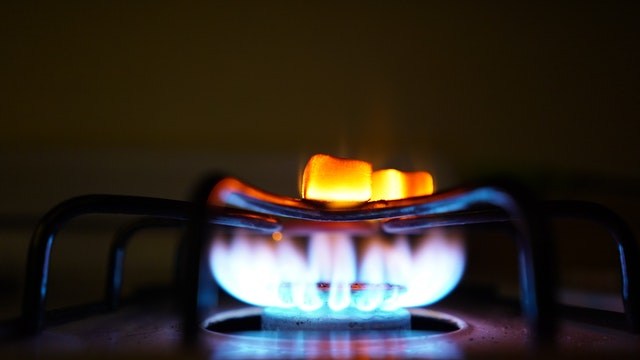Gas prices have been rapidly increasing for months, stoked by concerns about shortages and Russian counter-sanctions. But on Monday, prices fell for the second time in a week after peaking at €190 per megawatt hour.
On Monday prices dropped 10% down to €111 per megawatt hour on the Dutch TTF gas futures market. Apparent progress in the negotiations between Ukrainian and Russian delegations has allayed the fears of some commodities traders.
On 13 March, Ukrainian negotiator Mykhailo Podolyak stated that Russia was “already beginning to talk constructively,” and Russian delegate Leonid Slutsky spoke of “progress” and a potential agreement.
Related News
- Nuclear phase-out: Ukraine crisis raises new questions
- Russia admits that Ukraine invasion is not going exactly to plan
- Decisions on fuel prices and energy expected on Monday
It is hoped that the negotiations will bring about a ceasefire, allowing for civilians to evacuate heavily damaged cities and escape to safety in the west.
European energy markets have been rocked by the conflict in Ukraine; the EU still imports around 40% of its natural gas from Russia, despite attempts to diversify supply.
Russian energy monopoly Gazprom is still supplying Europe with gas through pipelines, including through the territory of Ukraine. According to a Gazprom spokesperson, Russia will transport 109,5 million cubic metres of natural gas to Europe on Monday.

